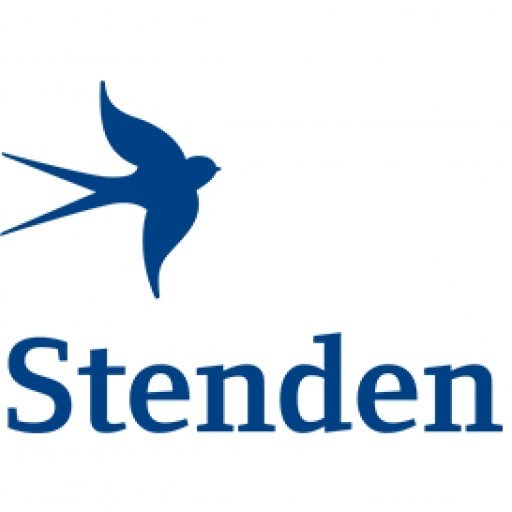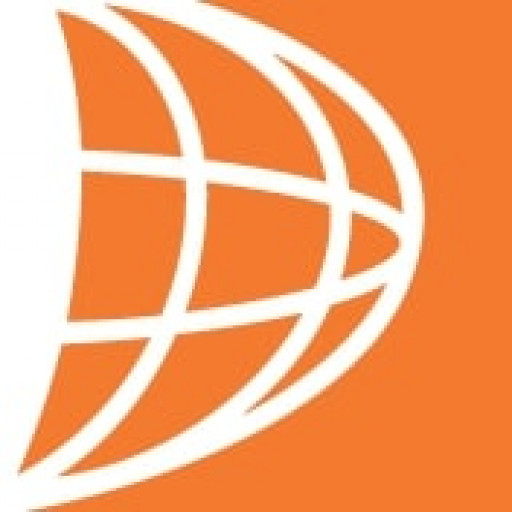Photos of university / #universityatbuffalo
The International Trade degree is unique to the Department of Geography at UB. The degree offers students the opportunity to learn about trade from both theoretical and practical perspectives.
Students use the tools of economic and business geography to understand the dynamics of multinational corporations, global financial markets, and technology and innovation change. As they progress through the degree, students learn to evaluate how these global-scale changes create opportunities and constraints for regional development in the United States and abroad. Students focus on the critical social, economic, and environmental challenges faced by workers, corporate decision-makers, government policy makers, and non-governmental organizations, which ultimately shape social outcomes and patterns of uneven development.
Upon completion of the International Trade degree, students will understand the basics of trade theory and global production network. Students will recognize and define the rapidly changing dynamics of the international business environment and its impact on corporate strategies and patterns of international trade and investment. Students will understand how these patterns shape, and are shaped by, historic and contemporary geographies of global inequality. Students will have well-developed skills in qualitative and quantitative methods of inquiry, as employed in research, industry, and government agencies.
Introductory courses include relatively large enrollment classes that utilize a range of media sources, active learning exercises, technology, and online options to enhance the learning experience. Upper-division courses include relatively smaller class sizes with numerous opportunities to engage students in research and thematic specialization, to use state-of-the-art technology and software, and to gain practical experience through independent projects, directed research, and internship opportunities with local stakeholders.
Admission to UB is highly competitive. For the 2016 incoming freshman class, UB reported an average ACT score of 24-30 and an average SAT (CR+M) score of 1100-1300. 90 percent of admitted students are in the top 50 percent of their class.
Admission to UB is based on a holistic review. We consider high school average, class rank, SAT (critical reading and math) or ACT scores, and strength of the high school academic record. A personal essay, recommendations, documented creative talent, demonstrated leadership, community service and special circumstances are also considered.
The following is not required for admission, but is suggested as adequate preparation for university-level coursework:
- Four years of English (with a substantial writing component)
- Four years of social studies
- Three years of college-preparatory science
- Three years of a second language
- Three years of college-preparatory mathematics
UB requires a minimum TOEFL score of 79 (Internet-based) or 550 (paper-based) in order to be considered for admission. Students scoring between 70 and 78 or 523 and 547 on the TOEFL may be admitted to the university on the condition that they register for and successfully complete additional English courses in their first semester.
The department gives annual awards to highly-qualified undergraduate students on a competitive basis. The McConnell/MacPherson Award in International Trade recognizes an academically outstanding graduating student in International Trade. The Greg and Susan Aldrich Undergraduate Research Award was established to provide funding to students to overcome barriers that obstruct their ability to perform meaningful research and/or creative activities. The Charles H.V. Ebert Scholarship for Physical Geography provides recognizes an academically outstanding graduating student in Earth Systems Science.
The International Trade program at the University at Buffalo, The State University of New York, is designed to prepare students for careers in global commerce, international business, and trade policy. The program offers a comprehensive curriculum that covers key aspects of international trade, such as trade theories, international marketing, global supply chain management, international finance, and trade regulations. Students gain an understanding of how global markets operate, the cultural and political factors influencing trade, and the economic principles underpinning international commerce.
Students in this program have access to experienced faculty members who are experts in trade law, international economics, and global business strategy. The program emphasizes practical skills through case studies, simulations, and internships with trade organizations, multinational companies, and government agencies. This prepares graduates for diverse roles in international trade, including trade analyst, international business development manager, trade compliance specialist, and export/import coordinator.
The University at Buffalo's location, proximity to major economic centers and border regions, offers students unique opportunities for experiential learning and networking. The program also encourages study abroad experiences and participation in international trade competitions, helping students develop cross-cultural communication skills and a global perspective.
Additionally, as an interdisciplinary program, students often engage with departments such as Economics, Management, and Political Science. The degree prepares students not only for immediate employment but also for advanced graduate studies in international business, law, and economics. The program's curriculum is periodically reviewed and updated to ensure alignment with current industry standards and global trade developments.
Overall, the International Trade program at UB provides a solid foundation in global commerce, fostering analytical, strategic, and managerial competencies essential for success in international trade and related fields. Graduates leave well-equipped to navigate complex international markets, understand trade policies, and contribute to the global economy effectively.










